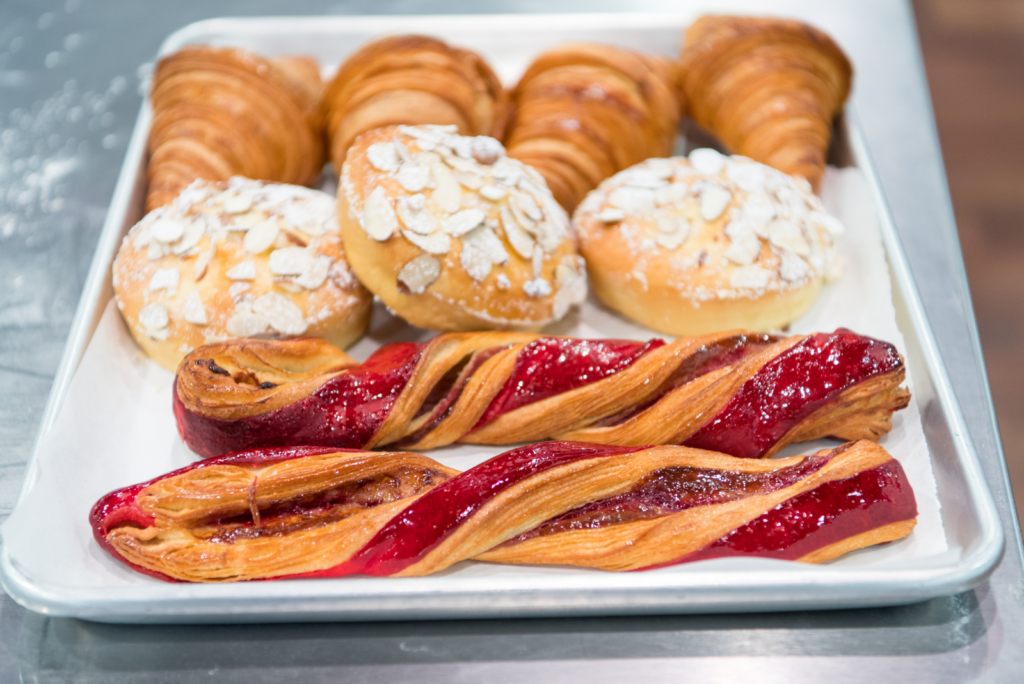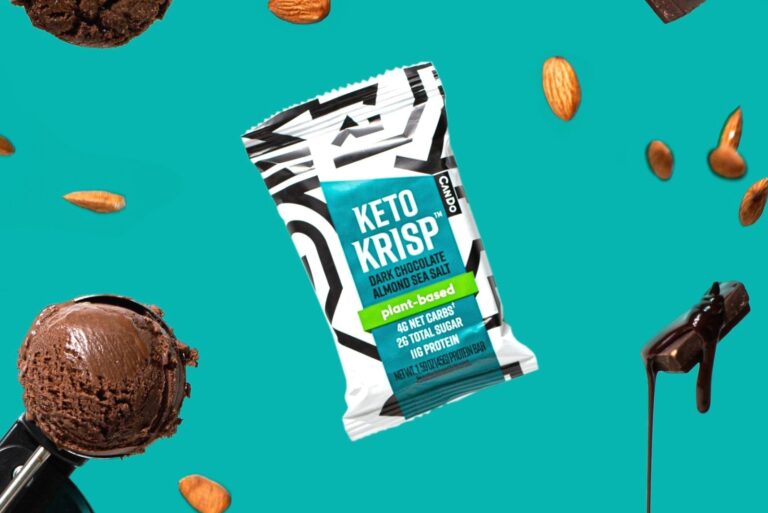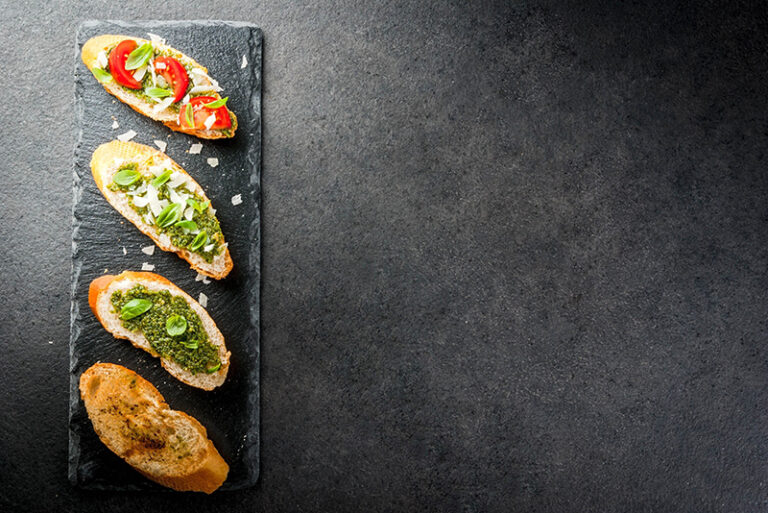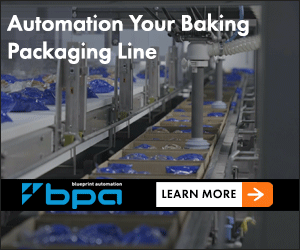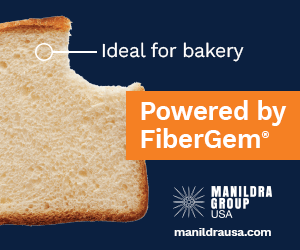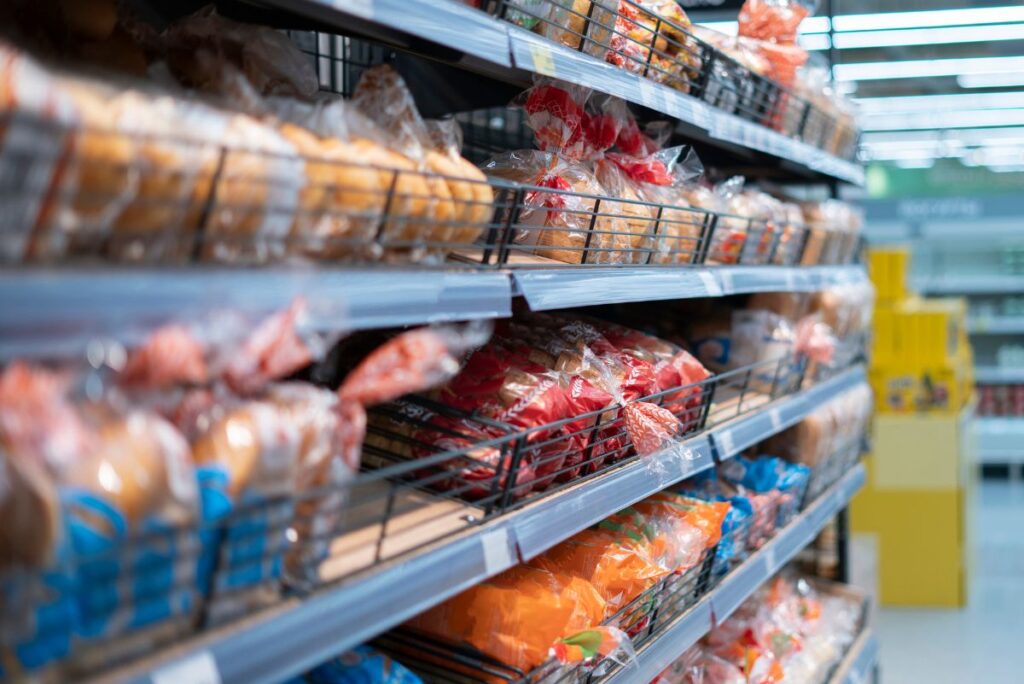“[The wedding cake business] had become unbearable,” Stobaugh recalled. “So, we lined out as a team where our biggest frustrations were. But had COVID not forced us to look at some things, I don’t know that we ever would have made a decision like that. We were talking about cutting around $400,000 in sales.”
In an era when unpredictability is the IBIE new status quo, the gamble paid off. PattiCakes made up sales in other aspects of the business with savory offerings like sandwiches and heat-and-eat casseroles.
“COVID gave many bakers permission to make changes they’d been avoiding,” said Bernadette Shanahan-Haas, RBA’s executive director. “But by making COVID the ‘bad guy’ in the background, they could do things like cut items that were too expensive or didn’t have a good profit margin, and that allowed them to take hold of their business and go after customers in new ways.”
While record inflation is hitting consumers hard, independent retail bakeries are still positioned as a destination where consumers get not only a specialized baked good but also an experience that can’t be found anywhere else.
“There’s a ‘shop local’ mindset happening,” Shanahan-Haas said. “People want to support their community, and retail bakeries are still a big part of that.”
While community support is often keeping these shops afloat, it doesn’t exempt them from the labor crisis. The overall baking industry is no stranger to the workforce shortage, but on the retail side, it’s ushering in a “gig” mentality spurred by ride share and delivery mobile apps, services that offer workers ultimate flexibility.
To accommodate for scheduling flexibility, PattiCakes can break shifts out by stages of the process for certain products. For instance, the bakery’s croissants are produced over three days, so Stobaugh relies on three separate people to make them.
“Not one person sees it all the way through,” she said, noting that the shifts are divided into mixing and makeup, lamination, and shaping and forming. “The only requirement we have is keeping it in that line; Person ‘B’ can’t come in to work if Person ‘A’ hasn’t done their job. But other than that, it’s flexible. I don’t make anyone work overnight like we used to. Quality of life is just too important now.”
All these changes are putting a new lens on how retail bakers view their priorities for navigating IBIE, especially emerging from what has felt like a three-year vacuum for many bakery owners.
“We’re putting a little bit different of a focus on IBIEducate,” said Shanahan-Haas, who helped build the award-winning curriculum that consists of more than 100 sessions, hands-on workshops and demos. “Now more than ever, retail bakers are coming to IBIE feeling like they’re the only ones who’ve had to deal with many of these issues. So, we’re structuring education in a way that allows them to not feel so alone and walk away with tangible ideas and networking they can implement in their businesses the minute they get back.”
Outside the hallowed halls of IBIEducate, there’s much for retail bakers to learn from — and teach to — the commercial side of the industry. While artisan bakers can gain best practices in areas such as efficiency and food safety from their commercial counterparts, the large-scale manufacturers can also take cues on R&D and innovation from the artisans.

